MALAWI
Malawi branded ‘The Warm Heart of Africa’ is one of the least developed countries in the Sub-Saharan Africa. It was declared British Protectorate in 1891 and became independent on 6th July 1964. It covers a landlocked area of 118484 square kilometres with 20 percent of it covered with water which includes Lake Malawi, which has beautiful tourist attraction fresh waters. The country has an estimated population of 13,931,831 whose 85 percent live in the rural areas with 41.7% of it living below poverty line (less than $1 per day.) Administratively, the country is divided into northern, central and southern regions (provinces) and in total, it has 28 districts. The economy is predominantly agricultural which is hugely affected by unpredictable weather which leads to droughts and floods.
The current total income per capita according to WHO (2008) is $690 making it difficult for the country to sustain itself. As a result, Malawi relies on economic assistance from international donor agencies like IMF and World Bank including individual donor nations. Its main challenges are developing a market economy, improving educational facilities; facing up to environmental problems, dealing with the problem of HIV/AIDS, and satisfying foreign donors that fiscal discipline is being tightened.
Poverty, famine and HIV/AIDS enhance one another causing the population really struggling; although we have never had wars, these problems have denied its citizens the peace they deserve. Currently, adult HIV/AIDS prevalence is at 12% down from a maximum 15% in 1997; about 1 million of the population is living with HIV/AIDS and this is leading to an estimated 60, 500 deaths annually. The pandemic has caused havoc such that by 2007, 91,000 children were living with the virus and about half a million children have been sadly orphaned by AIDS.
MULANJE
Mulanje is one of the 28 districts in Malawi and is found in the Southern Region of the country. The district takes pride in Mount Mulanje which is of the most prominent physical feature and the highest peak in the entire Southern Central Africa. The mass rises up to 3000m high and has plenty of endemic natural beauty.
The district is predominantly Christian because the British colonialists first settled in this area due to its beautiful weather. They made the district a tea growing centre and it is green and beautiful.
Mulanje is the district where I was born and raised up my mother without a father. My mother and relatives are in this district and we drive about 1 hour from the commercial city of Blantyre to the village. Malawi has various tribes of different languages and Mulanje is comprised of the Lomwe tribe who speak Lomwe. As a country, the national language is Chichewa and English is the official language. The southern region suffers a multitude of challenges including pressure on the land due to overpopulation and inadequate resources such as health facilities. Poverty is the order of the day and their prayer is, ‘God, give us our daily food’.
MAKULUNI VILLAGE
We have now narrowed down to the target community of about 1000 people which lies at the base of the beautiful Mulanje Mountain. The huts are grass-thatched and only a few are roofed with modern materials. There is one school in this village, Monjole Community Primary School which was constructed and donated by the European Union.
The villagers are all Christians belonging to different denominations, some Catholics, Protestants and Pentecostals. The community is united with social cohesion as a basic value. Children are cared for in a communal way -when one family has food, it invites children from the starving family to share. Life is so collective; however, there are changes because the expensive life is making people individualistic. Unfortunately, the village is isolated and disconnected, it is over 45km away from the nearest trading centre where one can get public transport and buy and sell goods and services. I used to walk this distance with my bag on my head to catch a bus to the boarding secondary school and university. Even now, the road is still in a very poor condition and it is scary to think how people are managing life in this village.
I have a strong belief that God lifted me up from the dust to use me; I am living my life for others and I feel satisfied. My dream is to extend this help to other disadvantaged people in my village and beyond and I am optimistic that with the support of organisations in my country, I will live to see this happening in my lifetime. I see this partnership as the genesis of great things to come in my isolated poor village; together we can make a difference.
Subscribe to:
Post Comments (Atom)


















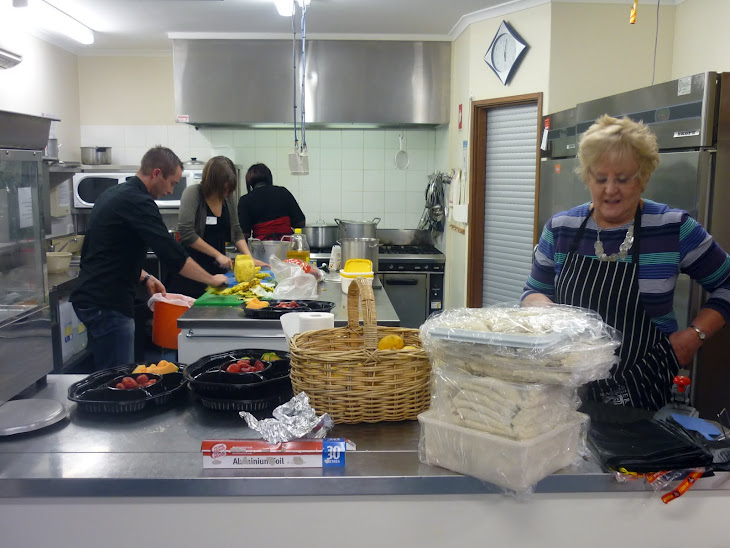





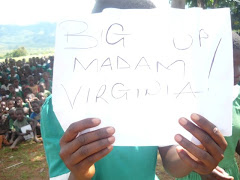.jpg)
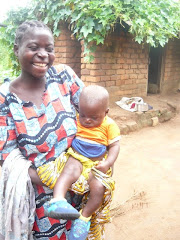.jpg)
.jpg)
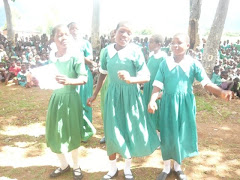.jpg)
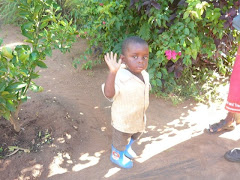.jpg)
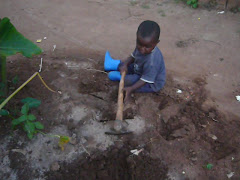
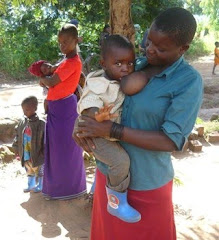
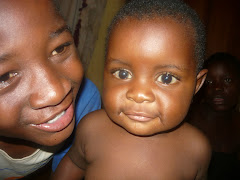
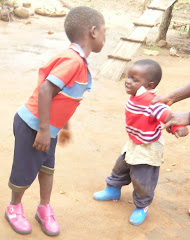
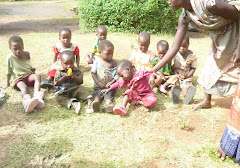.jpg)
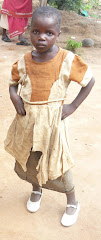.jpg)
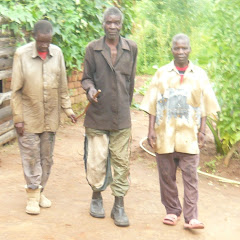.jpg)
.jpg)


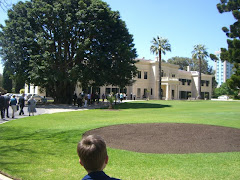+josiah+email+(3).jpg)
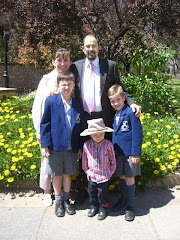+family+email+(2).jpg)
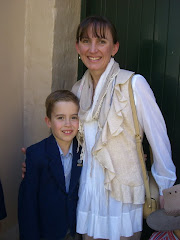+karen+and+josiah+email+(2).jpg)
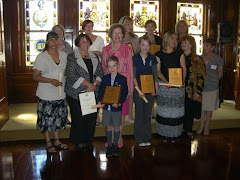+group+winners+email+(2).jpg)
+sue+denise+andy+josiah+email+(5).jpg)
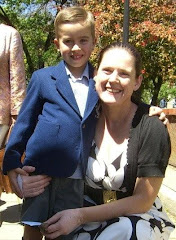+josiah+and+susie+(2)+(2).jpg)






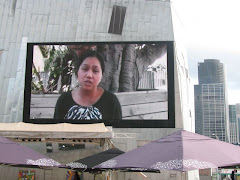.jpg)
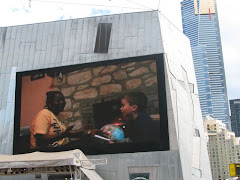.jpg)





















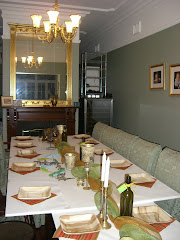





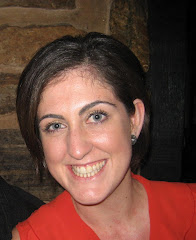
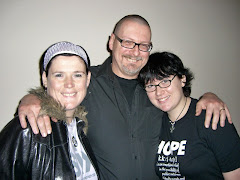

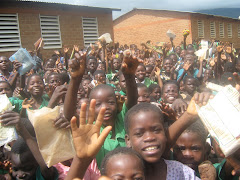





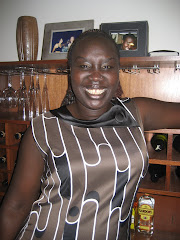

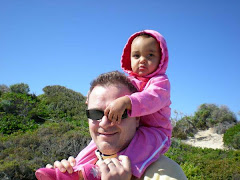+operations+manager+USA+and+dad.jpg)
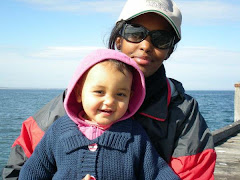+registered+nurse+and+mum.jpg)


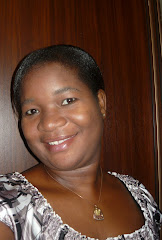
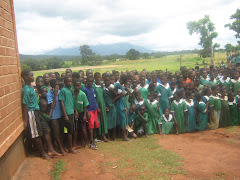
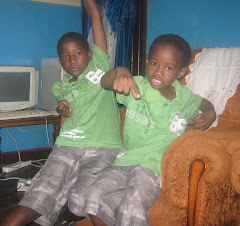.jpg)
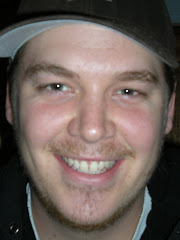.jpg)
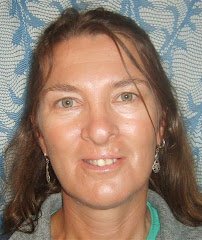
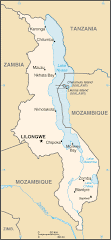
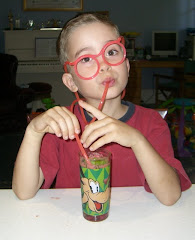
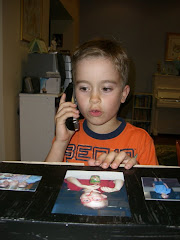
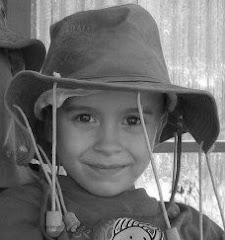

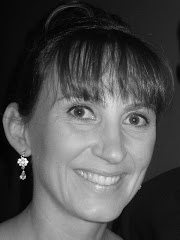
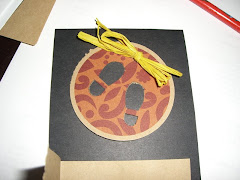

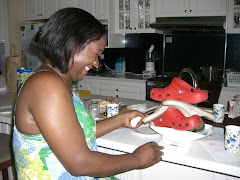
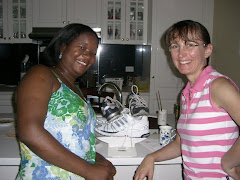

No comments:
Post a Comment